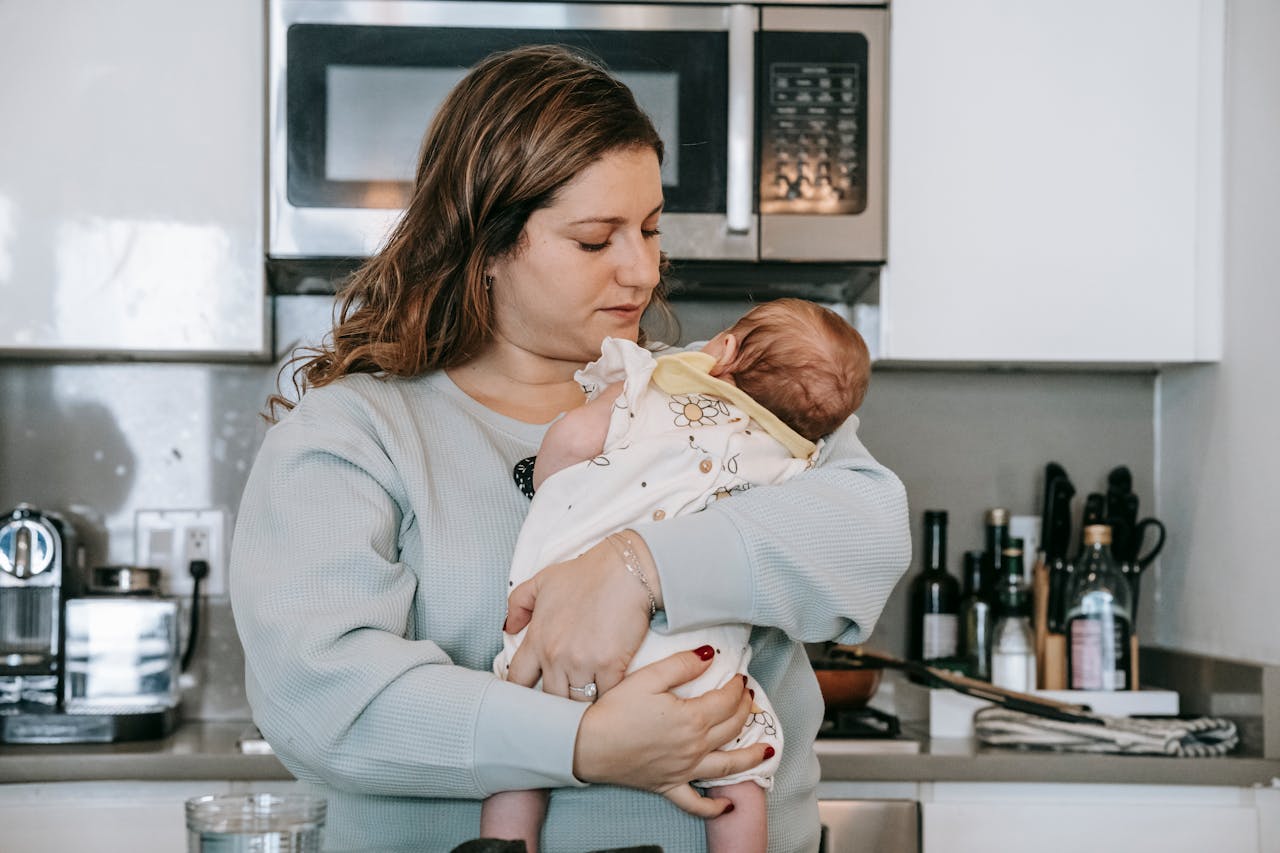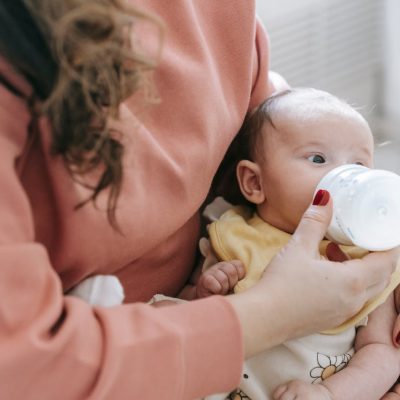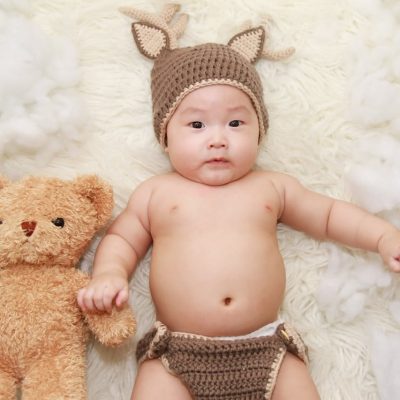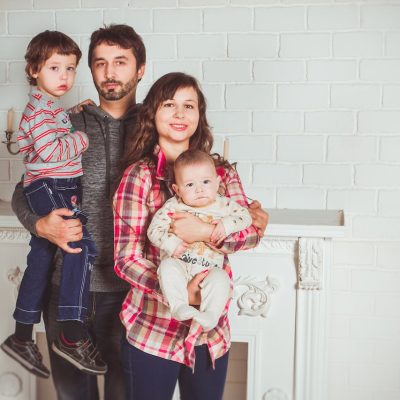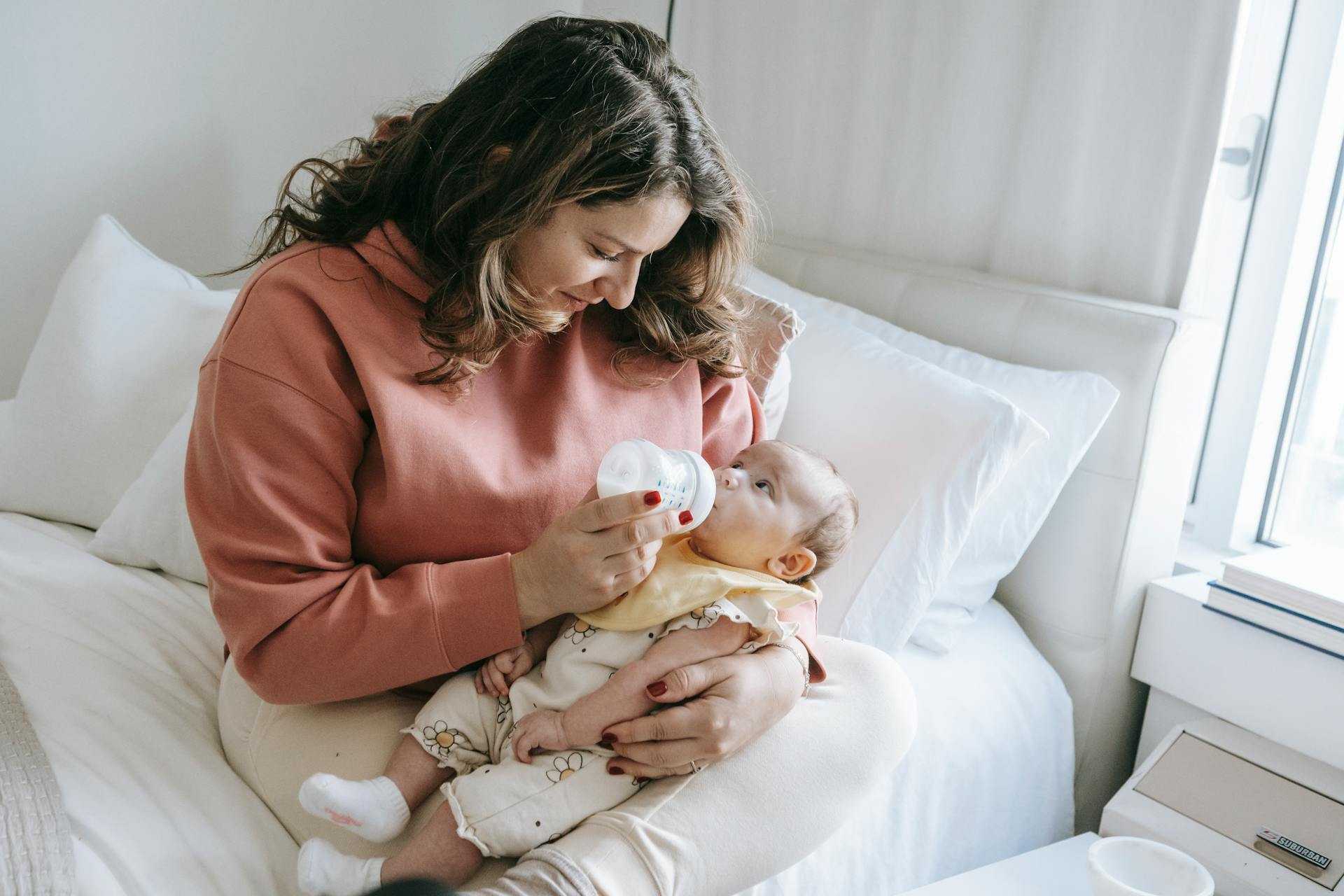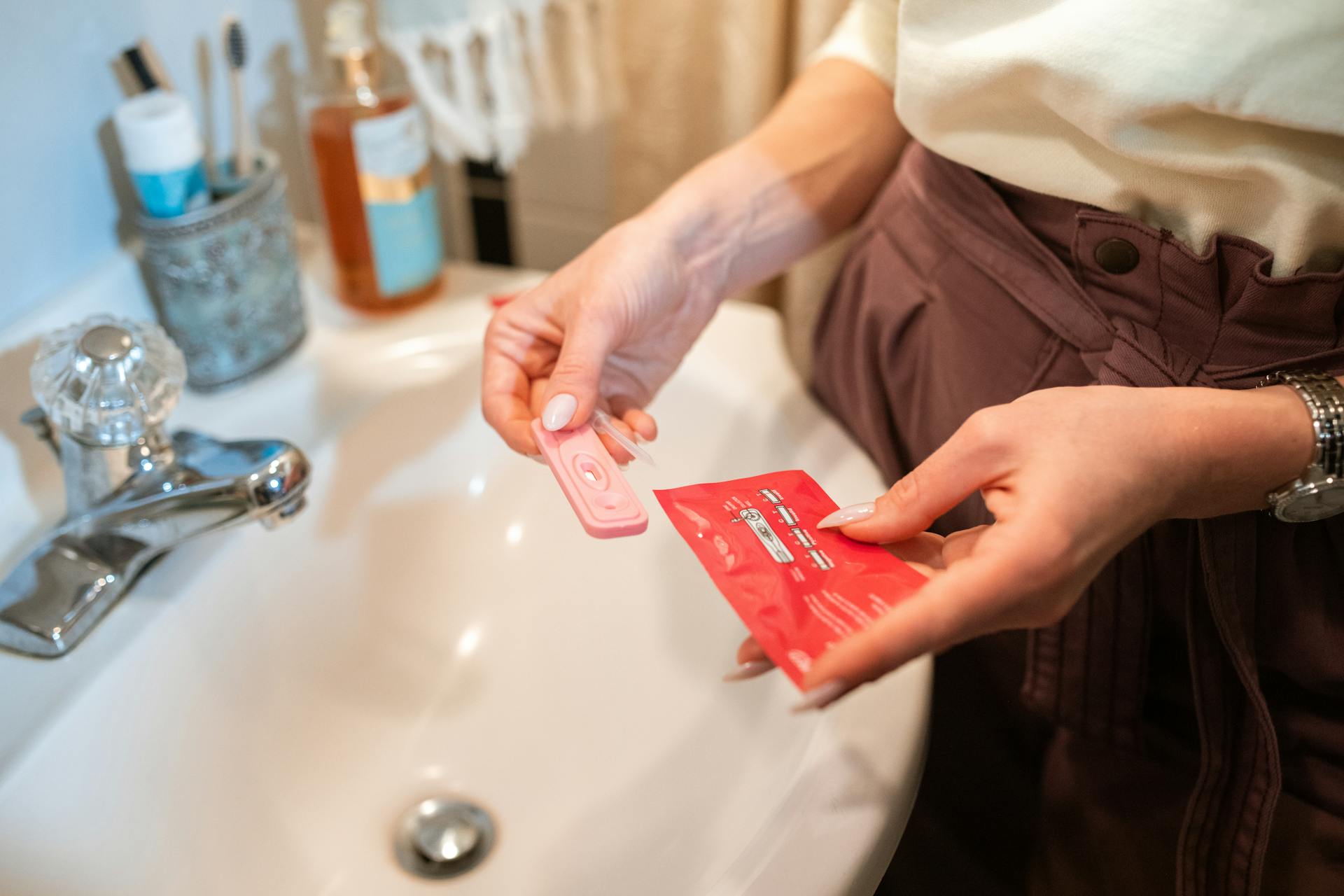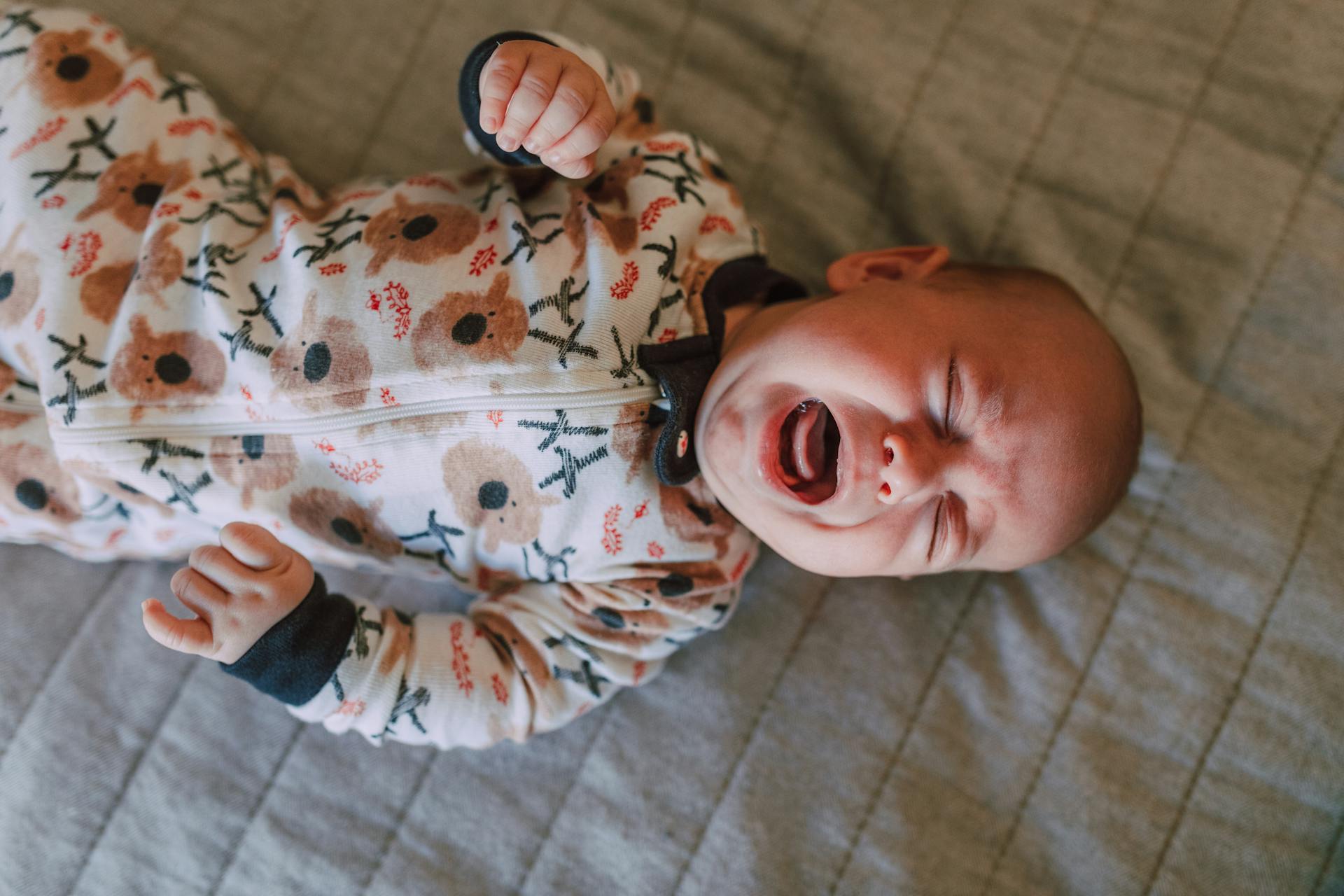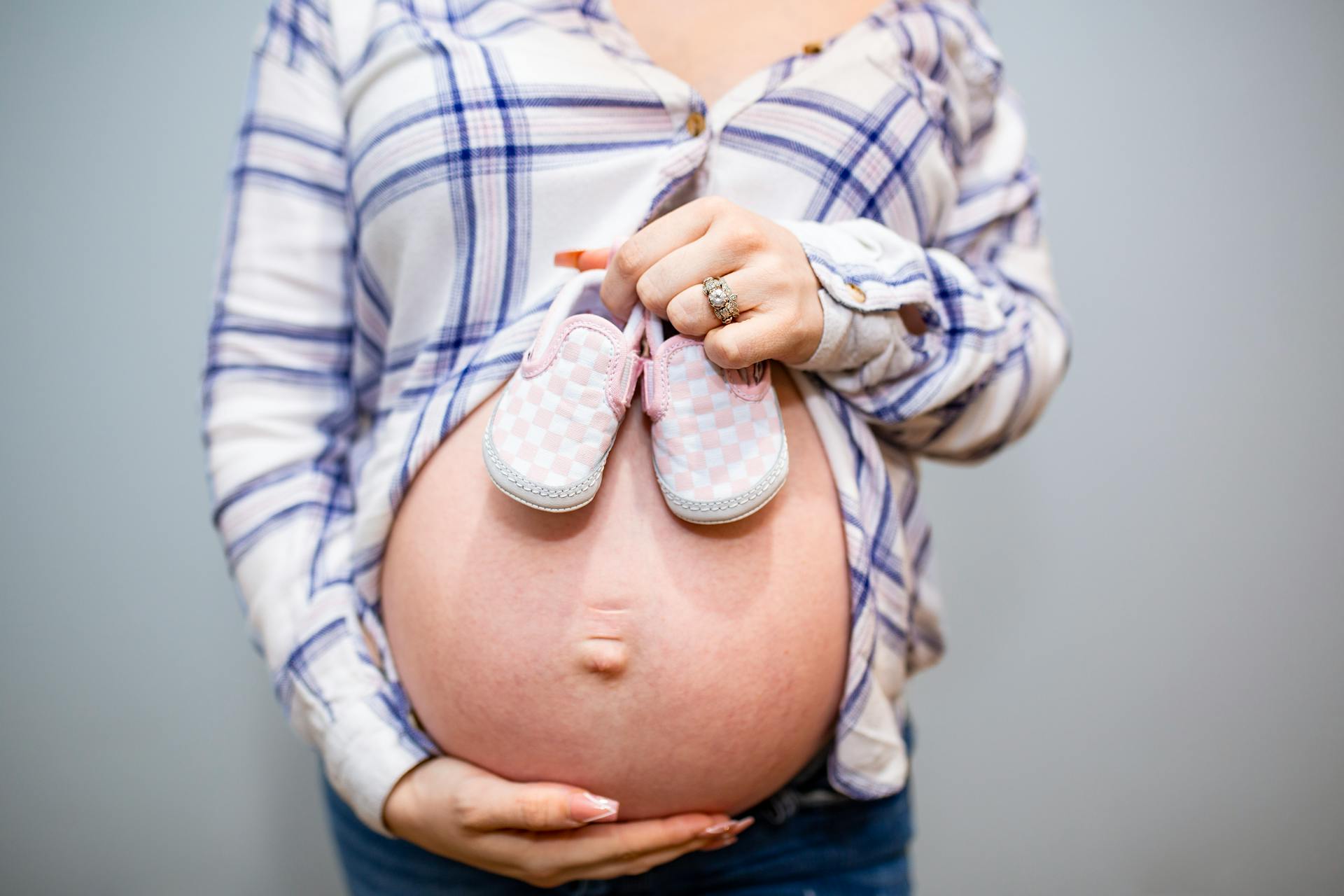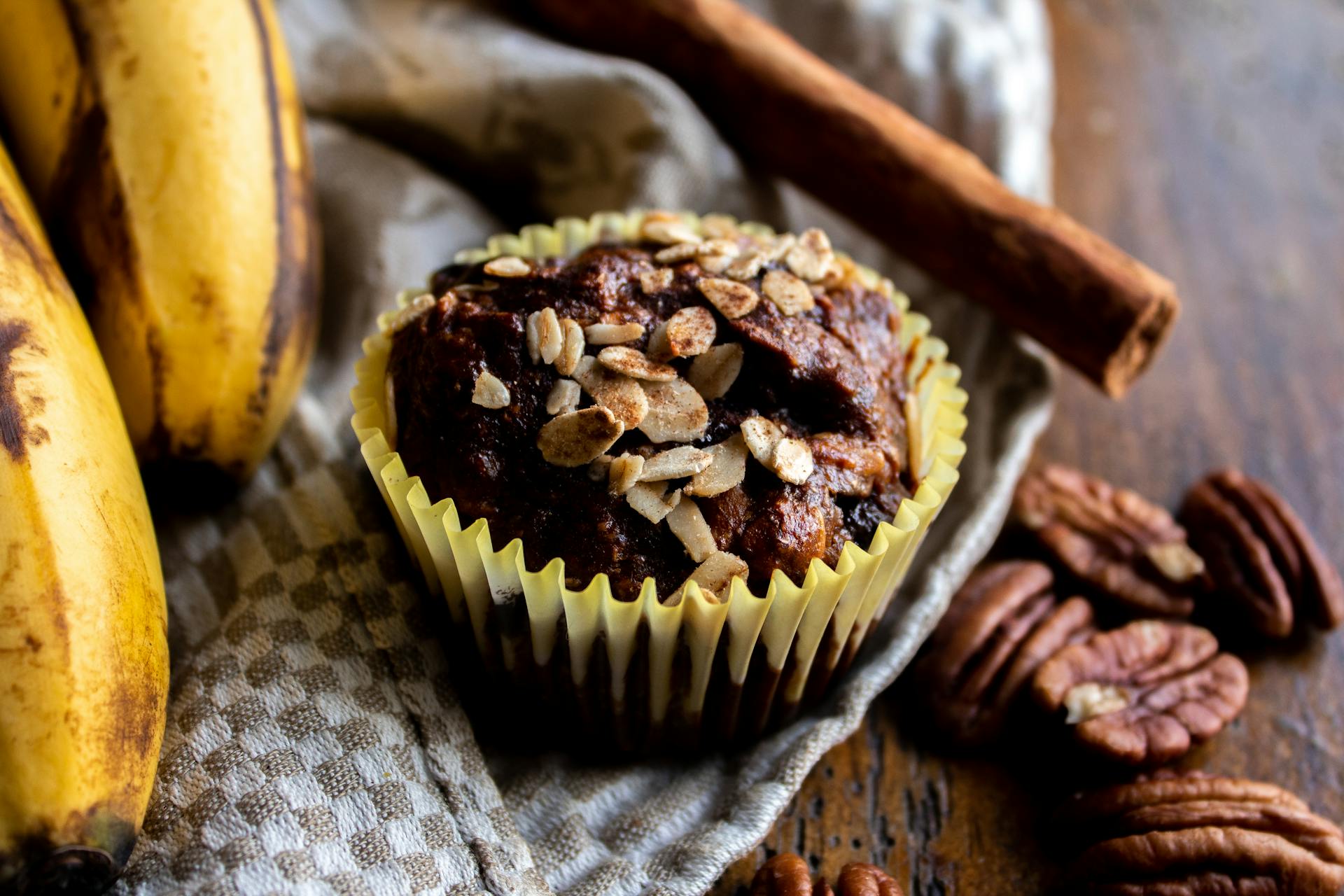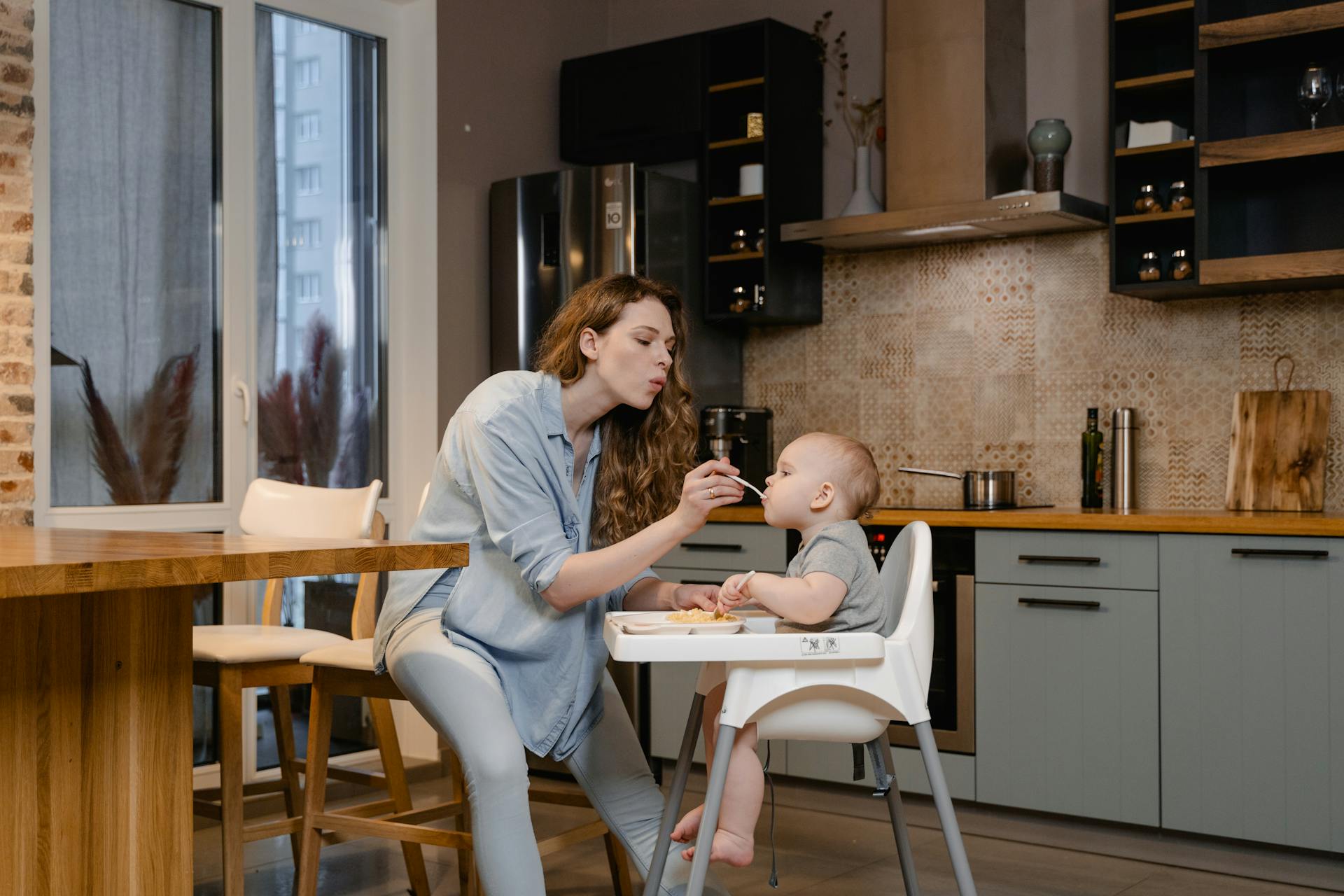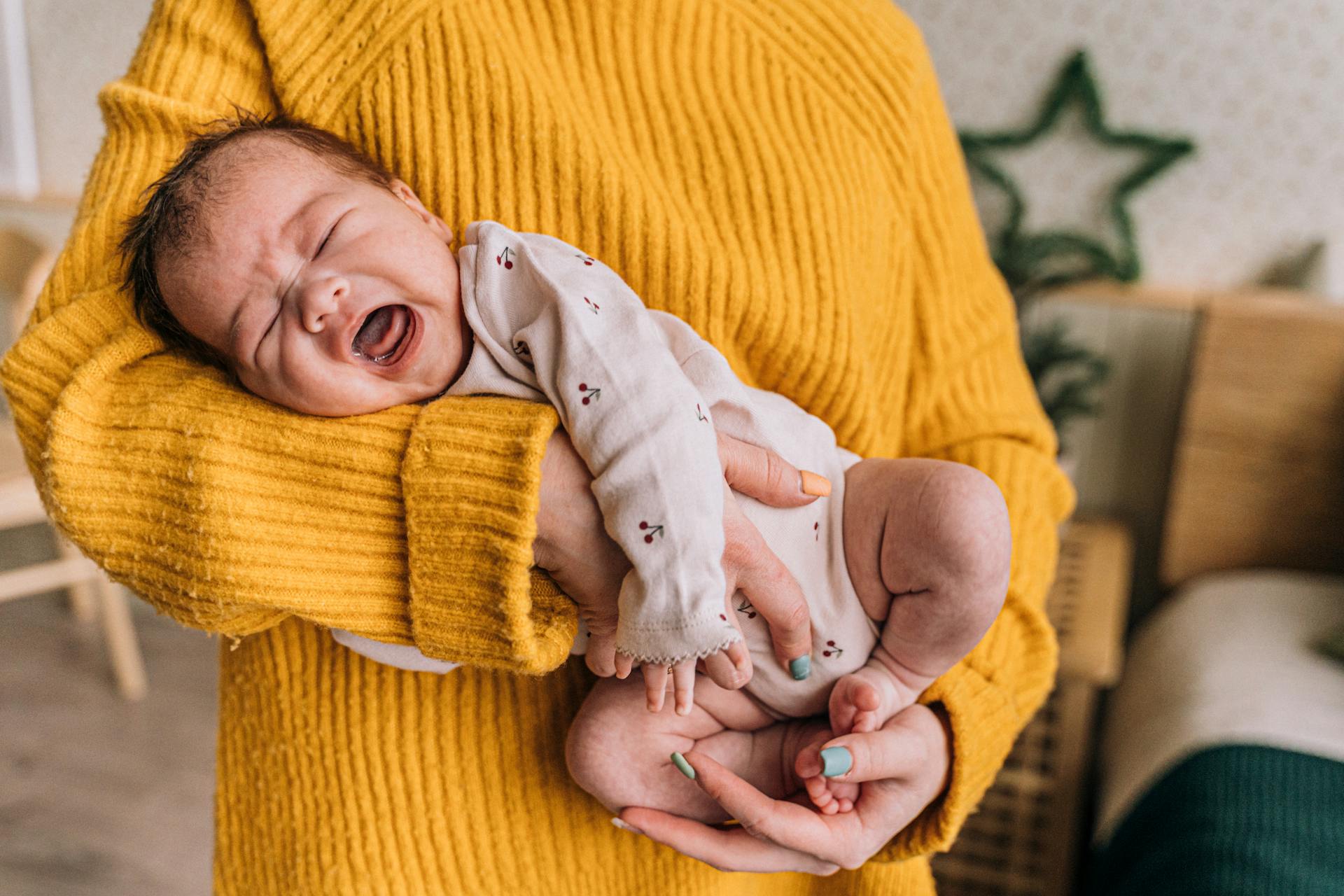If you’re a new parent, you’ve probably spent countless hours feeding, changing, and rocking your baby. One thing you’ve likely added to your routine is burping—and with good reason. Babies swallow air during feeding, and if that air isn’t released, it can cause discomfort, fussiness, and gas.
But as your baby grows, you may start to wonder: when can you stop burping a baby? Is there a specific age or milestone? How do you know when it’s time to stop? In this article, we’ll cover everything you need to know about burping babies, when it’s necessary, and when you can finally stop.
Let’s break it down in a friendly, parent-to-parent way—with real information backed by pediatric guidelines.
Why Do Babies Need to Be Burped?
Babies, especially newborns, swallow air while feeding—whether breastfeeding or bottle-feeding. This swallowed air gets trapped in their stomach and can cause them to feel full or uncomfortable before they’ve had enough to eat. Burping helps release this air, making room for more milk and reducing the chances of gas, spit-up, or colic.
Common signs a baby needs to burp:
- Squirming or arching their back during feeding
- Suddenly pulling away from the bottle or breast
- Fussiness or crying mid-feed
- Spitting up milk
- Appearing full too quickly
💡 Did you know? Bottle-fed babies tend to swallow more air than breastfed babies, so they may need burping more frequently.
Different Burping Techniques
Before we dive into when you can stop burping a baby, let’s quickly review some common ways to burp:
1. Over-the-Shoulder Burp
Hold your baby upright against your chest with their chin resting on your shoulder. Gently pat or rub their back.
2. Sitting-Up Burp
Sit your baby on your lap, supporting their chest and head with one hand, while patting their back with the other.
3. Face-Down on Lap
Lay your baby face-down across your lap and gently rub or pat their back.
No method is “better” than another—it depends on what works best for your baby.
So, When Can You Stop Burping a Baby?
Here comes the big question: when can you stop burping a baby?
Most babies no longer need to be burped between 4 to 6 months of age. This is when their digestive system matures, their muscle tone improves, and they become more mobile—making it easier for them to release gas on their own.
General guidelines:
- 0–3 months: Burp frequently (after every feeding and during feeds).
- 3–6 months: Burp as needed (especially if your baby is still spitting up or gassy).
- After 6 months: Most babies don’t require burping anymore.
However, every baby is different. Some stop needing burping as early as 2 months, while others may need help a little longer—especially if they have reflux or are prone to gas.
👶 Pro Tip: If your baby seems content, feeds well, and doesn’t spit up or fuss, you can try skipping burping and see how they do.
Signs Your Baby Is Ready to Stop Burping
It’s not always about age—your baby will often show you signs that they’re ready to stop being burped.
Here are some common signs:
- No more frequent spit-ups after feeds
- Less fussiness or squirming during or after feeding
- Can sit upright with support, helping gas escape naturally
- Burps on their own when moved or repositioned
- Feeds longer and more comfortably
If you’re seeing these signs consistently, you’re likely safe to slowly stop burping—and trust your baby’s cues.
Can You Skip Burping Altogether?
Some parents wonder if they can skip burping altogether—especially with sleepy newborns. The answer is: it depends.
Burping is more important for:
- Bottle-fed babies (swallow more air)
- Babies with reflux or colic
- Fast eaters (who gulp air)
- Babies who seem uncomfortable after feeding
However, if your baby naturally burps or doesn’t seem bothered by gas, you can try feeding without stopping for a burp—and watch how they react.
🌙 Night feedings tip: Some sleepy babies burp less at night. That’s okay—just make sure they seem comfortable before laying them down.
What Happens If You Don’t Burp a Baby?
Skipping burping occasionally isn’t a big deal. But if your baby needs to burp and doesn’t, you may notice:
- Increased spit-up or reflux
- Fussiness or crying
- Trouble sleeping after feeding
- Shorter feeding sessions due to gas discomfort
It won’t harm your baby long-term, but it may cause temporary discomfort. If you suspect trapped gas, hold your baby upright for 10–15 minutes after feeding—even if they don’t burp right away.
How Long Should You Try to Burp?
If your baby doesn’t burp after a few minutes, it’s okay to stop trying, especially if they seem relaxed and content.
General rule:
- Try burping for 2 to 5 minutes after feeding.
- If no burp comes and baby seems happy, move on.
- If baby is fussy or gassy, try different burping positions or gently bounce/rock them.
🎈 Some babies are “silent burpers” and may pass gas without making much noise or fuss.
How to Transition Away From Burping
If you’re wondering how to stop burping a baby gradually, here’s a simple plan:
- Observe and experiment: Try skipping a burp once per day and monitor the outcome.
- Burp halfway only: If your baby feeds in two parts, try burping only after the full feed.
- Let gravity help: Keep baby upright for a few minutes after feeding instead of actively burping.
- Cut down based on signs: If your baby stays calm and eats well, reduce burping sessions over time.
By 6 months, most babies are ready to leave burping behind.
What If Your Baby Still Needs Burping After 6 Months?
If your baby is still gassy or uncomfortable past 6 months, don’t worry. It’s not uncommon—especially in babies with:
- Reflux or GERD
- Food sensitivities
- Digestive issues
- Use of bottles or sippy cups introducing more air
Talk to your pediatrician if:
- Gas causes frequent discomfort
- Baby vomits often
- Feeding is disrupted
- You’re unsure if the issue is digestive or developmental
🩺 A quick evaluation can rule out underlying concerns and help you adjust feeding techniques.
Expert Advice on Burping
Pediatricians generally agree that burping is most important in the first few months. As your baby matures, they develop stronger digestion, and their position (sitting, crawling, rolling) naturally helps release gas.
You can learn more from these trusted sources:
- HealthyChildren.org – Feeding and Burping Your Baby
- Mayo Clinic – Feeding your newborn
- Cleveland Clinic – Baby burping basics
Final Thoughts
So, when can you stop burping a baby? The simple answer is: most babies no longer need to be burped by 4 to 6 months of age. But remember, every baby is different. Pay attention to their cues, observe their comfort during and after feeds, and transition slowly if needed.
Burping may seem like a small task, but it can make a big difference in your baby’s feeding comfort—especially in the early months. Fortunately, this is just a temporary phase, and soon, it’ll be one less thing on your parenting to-do list.
Trust your instincts, follow your baby’s lead, and don’t be afraid to check in with your pediatrician if you have any concerns.
You’ve got this—and so does your baby!

